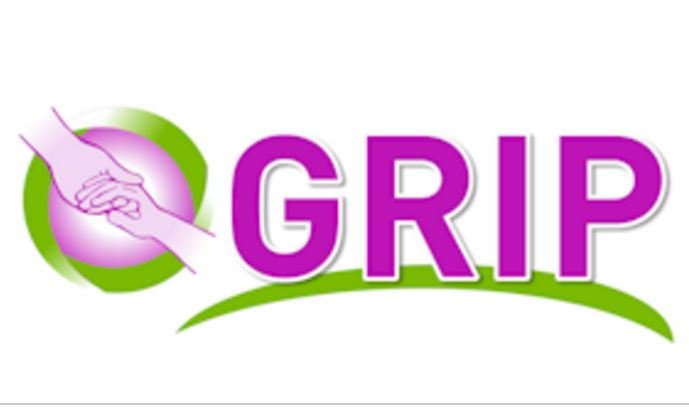16 Days of Activism: Helping rape survivors with the legal process
Updated | By Suné du Toit
The Greater Rape Intervention Programme (GRIP) is an organisation in that assists rape survivors.

GRIP CEO Sakina Mohamed says they work closely with the Criminal Justice System and support the survivors from first point of contact that involves statement taking and PEP (Post-Exposure Prophylaxis) treatment, through to conducting home visits and ensuring the completion of PEP treatment. Survivors also undergo court preparation and training to ensure that they are fit to give evidence in court that result in guilty verdicts and sentencing.
"We are in ten police stations across Ehlanzeni and Gert Sibande. Those are the two districts we work in. We are in police stations, we are in eight hospitals, we have a shelter and we are in five courts," says Mohamed.
Mohamed says the justice system is failing survivors when it comes to perpetrators.
"The justice system does not take into consideration the end result in terms of the rape perpetrator's sentence and that the kind of sentence received do not always speak to the crime," says Mohamed.
GRIP ensures that all rape survivors will be provided with:
- Barrier free points of first contact;
- Proper survivor friendly statement taking process;
- Adequate forensic data collection;
- Timeous administration of the PEP treatment;
- Holding office bearers and officials accountable for the rights and well-being of all survivors.

In the 2015/2016 financial year, 51 895 sexual offences were reported across the country, with only 5 830 offences detected as a result of police action.
This shows the importance of reporting any form of sexual assault to the police.

Here are the different types of sexual offences:
Rape:
A type of sexual assault involving sexual intercourse, which is initiated by one or more persons against another person without that person's consent. The act may be carried out by physical force, coercion, abuse of authority or with a person who is incapable of valid consent, such as one who is unconscious, incapacitated, or below the legal age of consent.
Statutory Rape:
Occurs when someone commits an act of penetration with a child between the ages of 12 and 16 whether or not they consent (if both people involved in this are under the age of 16 there may be a decision not to prosecute)
Incest:
With or without consent, it's a crime to sexually penetrate blood relations (mother, sister, brother, father, first cousins, aunts and uncles) or to penetrate adoptive relations.
Sexual Assault:
Sexual acts that don't fit the definition of rape or the threat of sexual acts that occur without consent. Sexual assault replaces what used to be termed indecent assault in South African law.

Steps to take after a rape has occurred:
- Go to a safe place as soon as possible
- Report your case at the nearest police station, hospital or clinic.
- You need to receive medication to prevent HIV infection (PEP), STI's (Sexual Transmitted Infection) and pregnancy (MAP - Morning After Pill)
- Receiving PEP within 6 hours is preferable but the maximum delay is 72 hours (three days) after exposure.
- Do not wash yourself, no matter how much you want to. You might destroy important evidence that can be used to prosecute the perpetrator.
- Do not through away the clothes you were wearing. You can take them off and place them in a box, paper bag or wrap in newspaper - not in a plastic bag (it can destroy evidence) - in order to retain the evidence.
- Keep any toilet paper and other sanitary material if you need to use the bathroom. This must be air dried and be placed in an envelope or paper bag.
- Do not consume any drink or food before the doctor examines you, if the perpetrator has kissed or orally rape you. However, if you do, it's important to tell the doctor.
If you want to get involved, click here.

Show's Stories
-
Model Marciel Hopkins wys haar eersteling
Die voormalige 'Boer Soek 'n Vrou'-aanbieder en haar aantreklike man, Ha...
The Drive with Rob & Roz 1 day, 21 hours ago -
WATCH: SA reacts to TikToker's new spin on a classic SA dish
If you are bored of eating normal pap, here is a new recipe for you to try.
The Drive with Rob & Roz 1 day, 22 hours ago